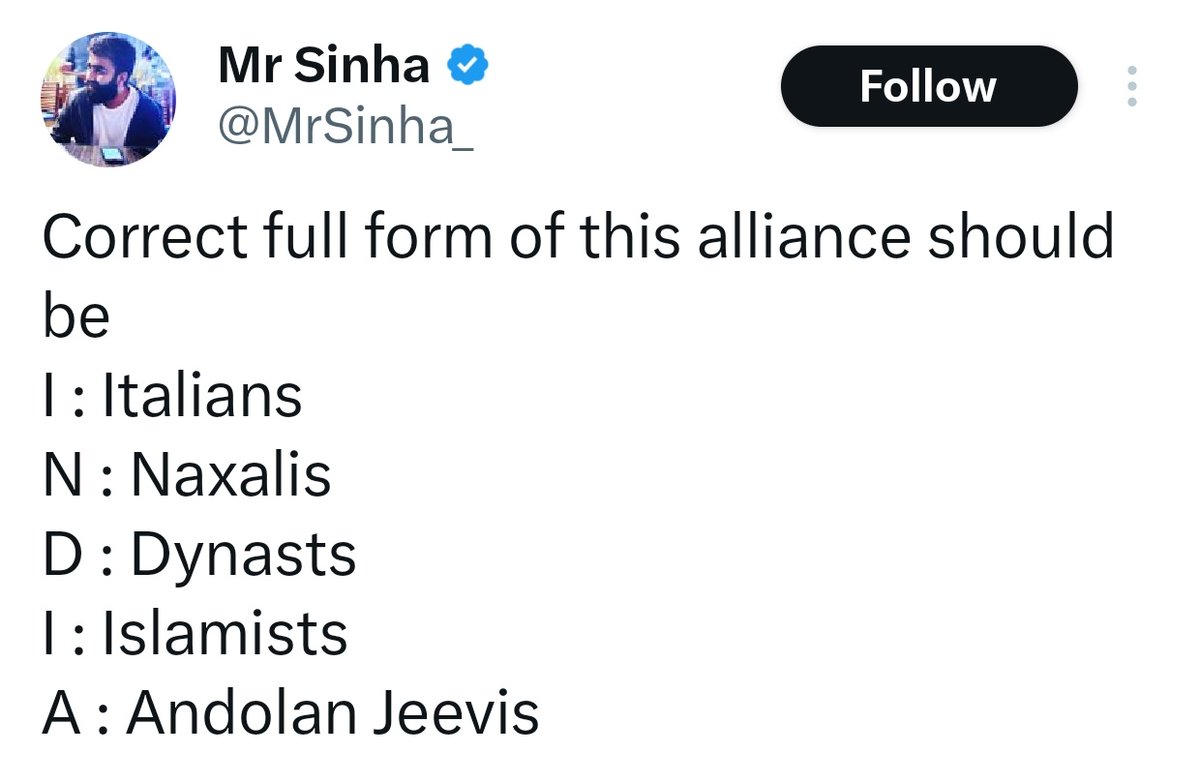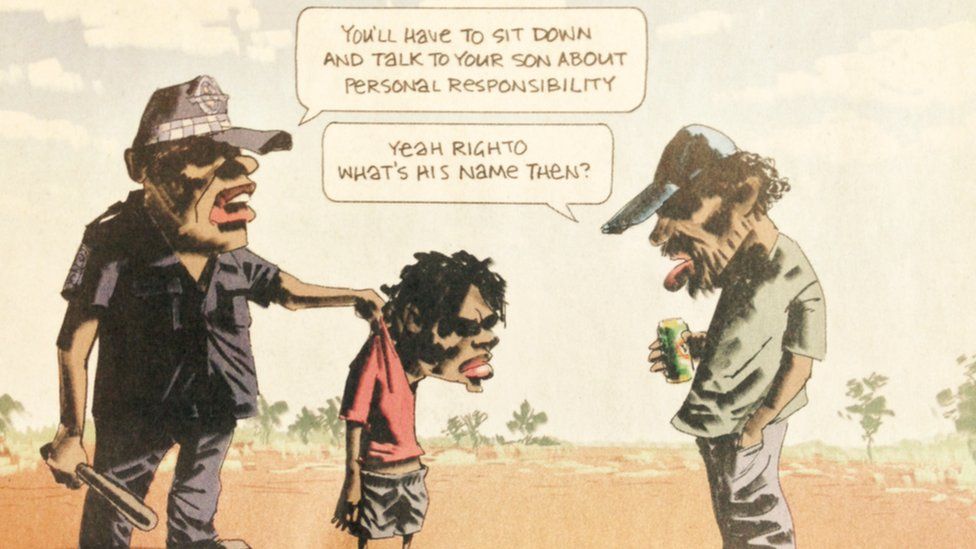Is the ability to turn a phrase a cultural superpower? In India, the answer is a resounding yes, where the art of the comeback isn't just a skill; it's a deeply ingrained form of expression, humor, and social navigation.
From the bustling streets of Mumbai to the tranquil backwaters of Kerala, Indian life is punctuated by a vibrant tapestry of languages, dialects, and cultural nuances. This rich diversity has given rise to a unique and often colorful lexicon of insults, comebacks, and witty repartee. These aren't just idle words; they are tools used to navigate social situations, express frustration, celebrate triumphs, and, most importantly, to connect with one another.
The following table explores the art of sharp and humorous repartee. It dives into the nuances of Indian communication, providing insight into the historical roots, psychological impacts, and effective strategies for understanding and engaging with this unique aspect of Indian culture.
- Prestonplayz Net Worth Exploring The Success Of A Gaming Sensation
- Anita Baker Net Worth A Deep Dive Into The Iconic Singers Wealth
| Category | Details | Examples |
|---|---|---|
| Historical Roots | The evolution of Indian insults and comebacks is intertwined with the country's diverse linguistic landscape and socio-political history. Influences from various empires, invasions, and cultural exchanges have shaped the way Indians communicate. | Sanskrit, Persian, and British colonial influences are evident in the vocabulary and conversational styles. |
| Psychological Impact | Insults and comebacks can serve as a form of social bonding, especially among close-knit groups. However, they can also be used to demean, belittle, and create divisions. The intent and context are crucial. | Understanding the intent behind the words is crucial to interpreting the impact. |
| Effective Strategies | To navigate Indian humor effectively, it's essential to recognize cultural context, pay attention to non-verbal cues, and understand the intent behind the words. | A willingness to laugh at oneself and a keen sense of observation are helpful. |
| Regional Variations | The language of insults and comebacks differs significantly across the various regions of India. | What may be considered witty in one region could be offensive in another. |
| Social Dynamics | Insults and comebacks play a role in shaping social interactions, building camaraderie, and asserting dominance within social groups. | They are often used in lighthearted banter between friends and family. |
| Modern Adaptation | With the rise of social media, digital platforms, and globalization, the Indian lexicon of insults and comebacks has expanded to encompass new words and expressions. | Internet memes, and viral trends are influencing the development of new expressions. |
Reference: Encyclopedia Britannica - India
Before delving deeper, it's worth noting some of the conversational pitfalls to avoid when meeting someone from India for the first time. Questions about caste, for instance, are best left unasked, even though the caste system, unfortunately, continues to persist in certain parts of the country. Showing sensitivity and respect for cultural differences goes a long way in building positive relationships. Also, one shouldn't make assumptions about a person based on their race or ethnicity. For example, an experience at a retail store where someone said, "I love your costume!" to an Indian family is not something that should be practiced.
The complexity of the situation should not be misunderstood. Insults directed at Indians are a serious issue that requires a nuanced approach. Understanding the historical context, acknowledging the psychological effects, and adopting effective strategies are vital for promoting respect and cultural understanding. The aim is to foster a more inclusive and tolerant society.
- Steven Williams Net Worth An Indepth Look At His Wealth And Achievements
- Exploring Dean Slovers Life And Occupation The Untold Story
So, what are some of the most prevalent expressions of racism and hatred that Indians have encountered on social media or in real life? The following is a collection of the top instances that people have personally heard or that friends have experienced.
- "Curry muncher"
- "Pajeet"
- "Dot head"
- "Street shitter"
- "Scam center employee"
- "Tech support"
- "Toilet cleaner"
- "Illiterate"
- "Cheap laborer"
- "Hypernationalistic"
- "Carbon breather"
- "Whore child"
- "Devotee of d ck god"
- "R@pist"
- "Misogynist"
- "Unhygienic"
- "Smol pp"
- "Terrorist"
- "Findu"
- "Scammer"
Feel free to share your own experiences in the comments section below to help expand the conversation and encourage a broader understanding.
Indians have mastered the art of colorful insults, whether it's dealing with the chaos of Mumbai traffic, engaging in heated arguments at a cricket match, or simply enjoying banter with friends. The country's swearing is as diverse as the country itself, with influences from Hindi, Punjabi, Tamil, and countless other languages. The playful use of insults and comebacks is a hallmark of everyday Indian communication.
These 'triggers' are often employed to tease fellow Indians, which can lead to lengthy disputes and heated debates. Even though we can laugh at ourselves, a little self-awareness can go a long way in reducing misunderstandings and fostering a more inclusive atmosphere. Here are a few ways to test the waters, but proceed with caution, as the reception can be highly variable.
For example, here are twelve surefire ways to potentially annoy someone:
- Make generalizations about their culture.
- Ask about their caste.
- Make assumptions about their English proficiency.
- Underestimate their knowledge.
- Try to correct their accent.
- Speak to them in Hindi if they don't speak the language.
- Ask if they eat with their hands.
- Make fun of Bollywood movies.
- Ask if they know any "Indian tricks."
- Assume they are good at math.
- Comment on their appearance.
- Give unsolicited advice about arranged marriages.
The following is a list of the Hindi language's most common swear words, written in Devanagari with their English transliteration and translation. Keep in mind that this list is designed for situations where you need to block offensive language online.
| Devanagari | Transliteration | Translation |
|---|---|---|
| Gaanduu | Asshole | |
| Bhosdi | Slut | |
| Chutiya | Idiot | |
| Haraami | Bastard | |
| Madarchod | Motherfucker | |
| Behenchod | Sisterfucker | |
| Saala | Brother-in-law (also used as a curse word) | |
| Kameena | Scoundrel | |
| Besharam | Shameless | |
| Naalayak | Good-for-nothing |
The official terminology for Native Americans has been updated by the US government after 600 years of inaccuracies. This illustrates the ongoing attempts to acknowledge and rectify historical inaccuracies. It also highlights the significance of accurate and respectful language in all contexts.
The following is a list of 35 insults that are only meaningful if you are Indian or live in a country as chaotic as India, or if you have the capacity to laugh at yourself. These expressions are based on the shared experiences and cultural references that are prevalent in Indian society. Humor and the ability to laugh at oneself are essential for thriving in India.
For anyone who has interacted with Indian scammers, the following insults may be quite useful.
- "You must be an Indian scammer; you're as trustworthy as a broken pencil."
- "Are you a scammer or a clown? Either way, you're still a joke."
- "I have to hand it to you, you Indian scam artists have really mastered the art of disappointment."
An old joke depicts an Indian and a cowboy walking across the prairie. The Indian pauses, puts his ear to the ground, and states, "Ah, buffalo come." "How can you tell that by sticking your ear to the ground?" the cowboy asks. The Indian retorts.
The terms "Pajeet," "scam center employee," "tech support," "street shitter," "devotee of dck god," "r@pist," "misogynist," "illiterate," "Hindu terrorist," "unhygienic," "smol pp," "curry muncher," "toilet cleaner," "cheap laborer," "hypernationalistic," "carbon breather," and "whore child" are all offensive and derogatory terms. These words are often used to disparage and insult Indians.
Indian insults and comebacks have a long history in Indian culture, with a broad variety of colorful and inventive phrases used in everyday conversation. Social interactions have been shaped by these insults and comebacks, which have also become an integral part of Indian humor. Understanding regional slang is crucial for navigating Indian culture.
There are particular ways of referring to a lover in an Indian context. An Indian man who is deeply in love is not a "lover," but a "Devdas" or a "Majnu" (well-known literary/Bollywood characters). Someone is not referred to as "saintly"; they are "washed with milk." These phrases capture the unique cultural perspective on love and virtue.
India's religious minorities have witnessed a "staggering" increase in hate speech in the last year, including from senior leaders of Prime Minister Narendra Modi's ruling Hindu nationalist party. This rise in hate speech highlights the need for promoting tolerance, understanding, and respect for all groups. The importance of combating hate speech and protecting minority rights should be emphasized.
The term "mulatto" is widely used in Latin America and the Caribbean, usually without the intent of causing offense. Historically, in the American South, the term "mulatto" was occasionally used for people of mixed Native American and African American ancestry. The terms used, the context, and the intent are essential in any discussion of racial or ethnic identity.
Derogatory terms for a certain race or ethnic group to individual insults directed at someone of a certain background can be used. It is important to be aware of these phrases and their implications to promote respectful discourse.



Detail Author:
- Name : Brenna Cruickshank V
- Username : grant27
- Email : ygreenfelder@hotmail.com
- Birthdate : 1984-06-27
- Address : 708 Ana Extension Apt. 291 Kassulkemouth, NH 39414
- Phone : +1-715-288-3682
- Company : Shanahan-Hackett
- Job : Pest Control Worker
- Bio : Dolore quo ut sit ut rem. Velit beatae magni autem cum libero.
Socials
facebook:
- url : https://facebook.com/willn
- username : willn
- bio : Rerum dolores nesciunt cupiditate unde ut.
- followers : 4637
- following : 2997
twitter:
- url : https://twitter.com/nayeli_official
- username : nayeli_official
- bio : Quis quod placeat tempora sapiente ut illo ut. In et ut aut libero maxime quaerat. Sapiente libero est ut nostrum accusantium. Qui molestias et qui ex officia.
- followers : 5642
- following : 91
instagram:
- url : https://instagram.com/nayeli_will
- username : nayeli_will
- bio : Culpa dicta minus earum. Doloremque ducimus sed sed ut velit perferendis nam delectus.
- followers : 6580
- following : 2116